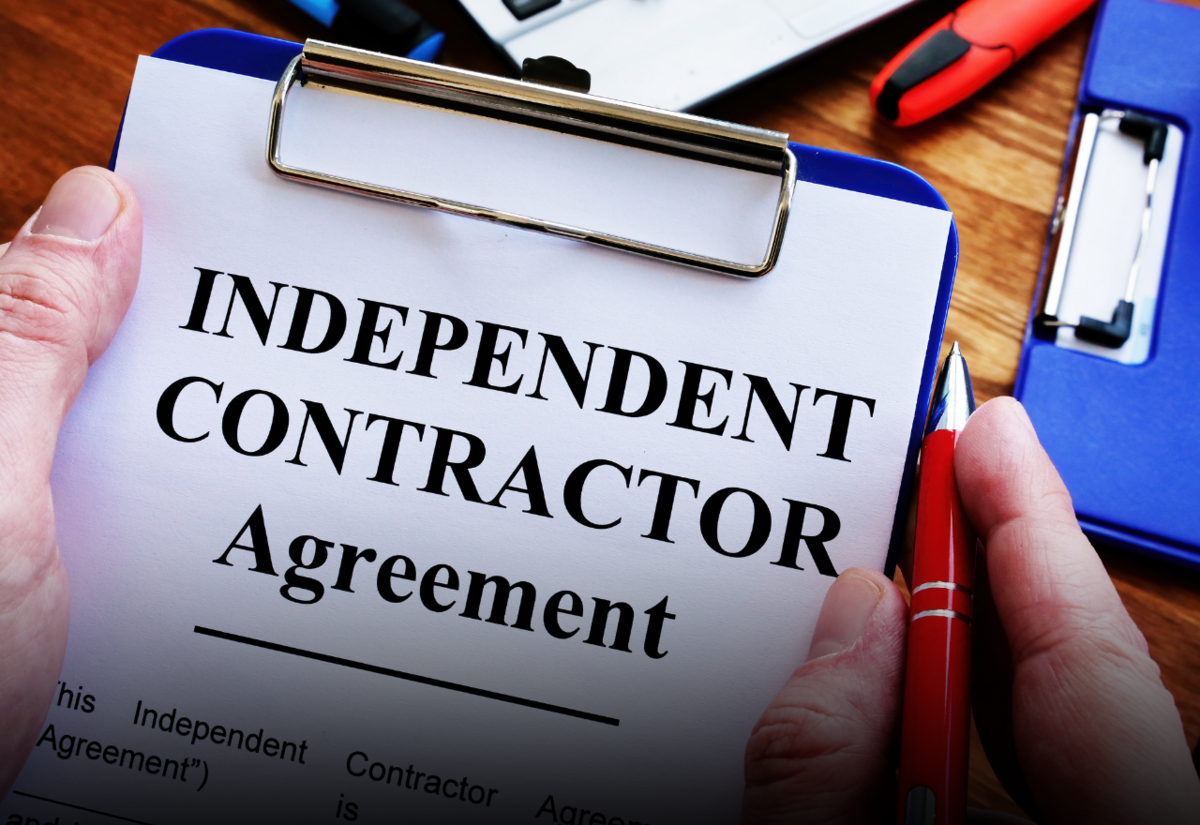Is your contractor really an employee? (sponsored)
Carrie Vaugh - Easi NZ
06 November 2024, 4:00 PM

You may have read in the media over recent months about the case taken against Uber, where four Uber drivers who were engaged as independent contractors were held by the courts to be employees. Uber's appeal was dismissed. [More details on this case here].
This decision has provided further clarity on how the courts will assess whether a contractor is, in all but name, in fact, an employee.
To create more clarity on this matter, the government is proposing a new "gateway test" through an amendment to the Employment Relations Act.
This test would be used by the Employment Relations Authority when a worker claims that they are an employee, not a contractor.
A worker may wish to raise such a claim if they believe they are, in all but name, an employee and have missed out on minimum employment rights, such as minimum wage, annual leave, and other benefits afforded to employees.
If the new test is adopted, it would mean that if a contractor challenges the true nature of the working relationship, you'd need to show:
- A written contract or independent contractor agreement is in place.
- The worker is not restricted from working for others.
- The contractor is not restricted to working set times, days, or for a minimum period, OR they can subcontract the work.
- The business cannot terminate the contract if the worker does not accept additional tasks.
If any of these tests are not met, the Employment Relations Authority would apply the existing “real nature of the employment relationship” test found in section 6 of the Employment Relations Act, which would also take into account existing case law, such as the Uber case.
This is still at the proposal stage, but it's worth noting if you currently engage contractors.
At present, there are a number of industries where engaging contractors is the norm, however, it would be unlikely that a challenge would stand up to either the current test OR the proposed new gateway test.
The possibility of such a challenge poses a very real financial risk for businesses. They could be liable for payments related to annual leave, shortfalls in minimum wage, unpaid taxes to the IRD, and any awards for actions (e.g., dismissal) that do not meet employment law standards.
Additionally, there would be costs associated with legal advice, time lost from the business, and stress. Claiming "everyone else does it" would have no mitigating effect.
If that sounded complicated, you're not alone!
For practical and professional advice on how to apply the rules to your business, contact the team at EASI NZ. With our experience and expertise, we can help you find a tailored solution to meet your business needs, reduce your liabilities, and comply with employment law.
So, perhaps it’s time to reflect—are your contractors really contractors?





